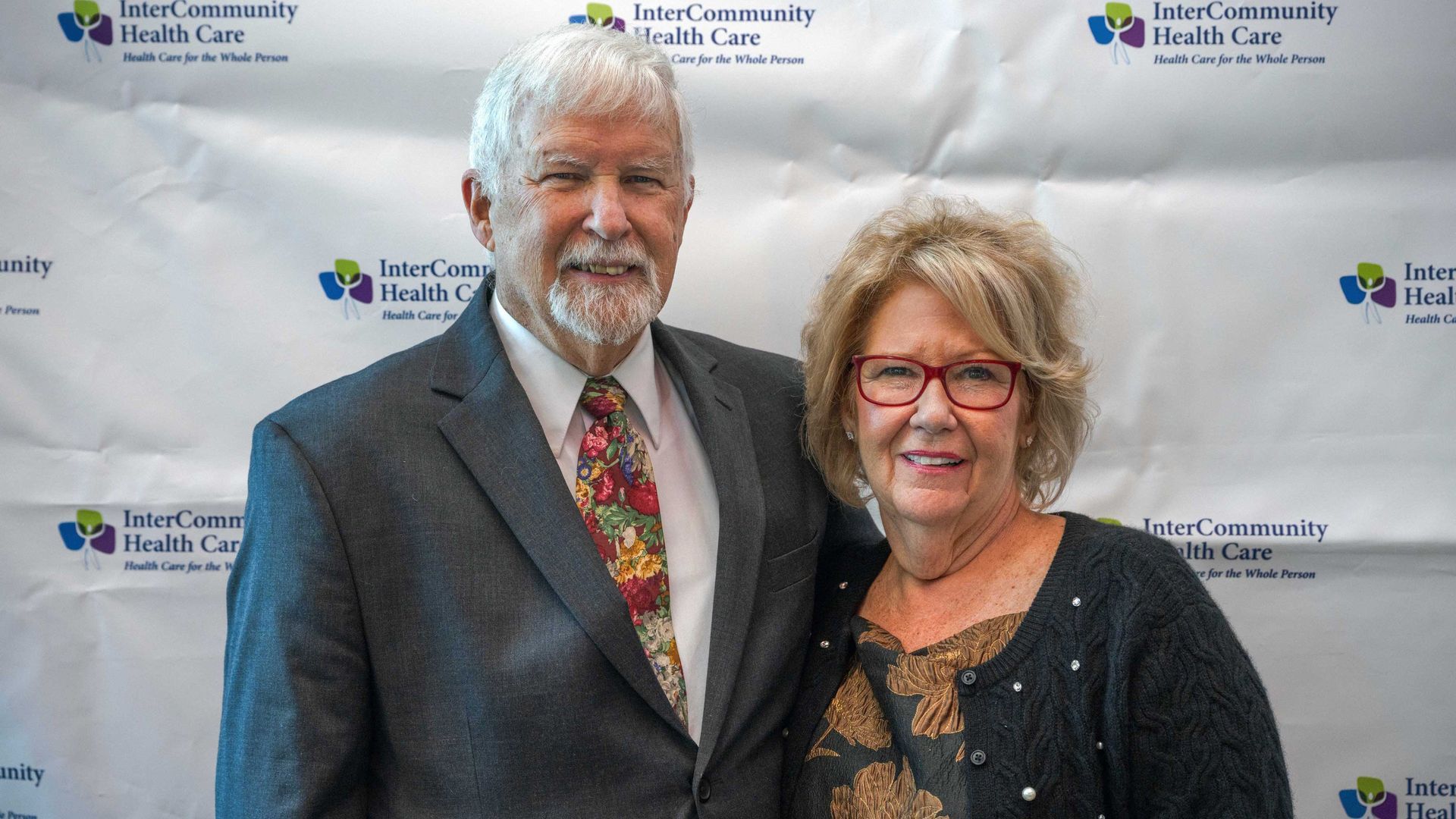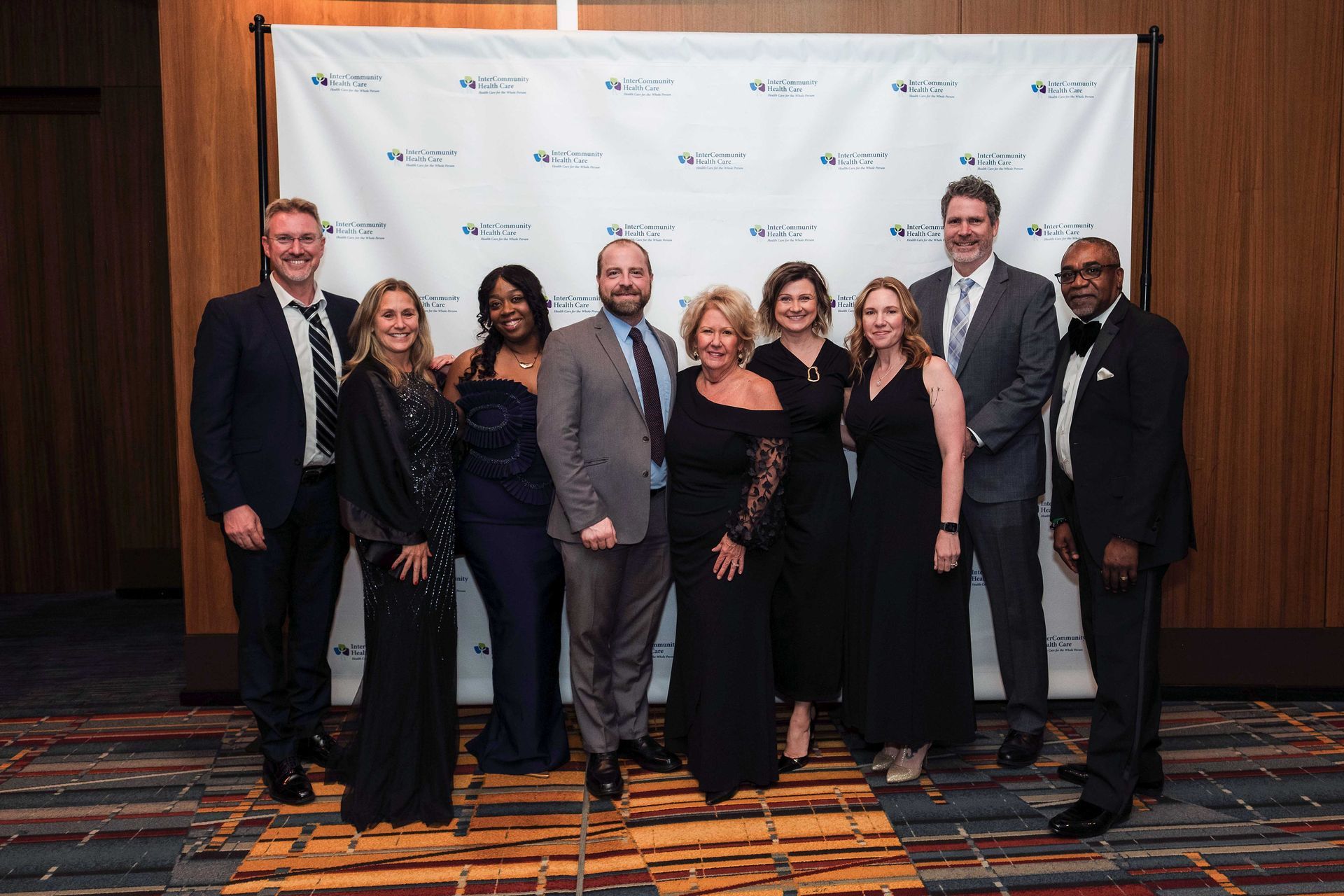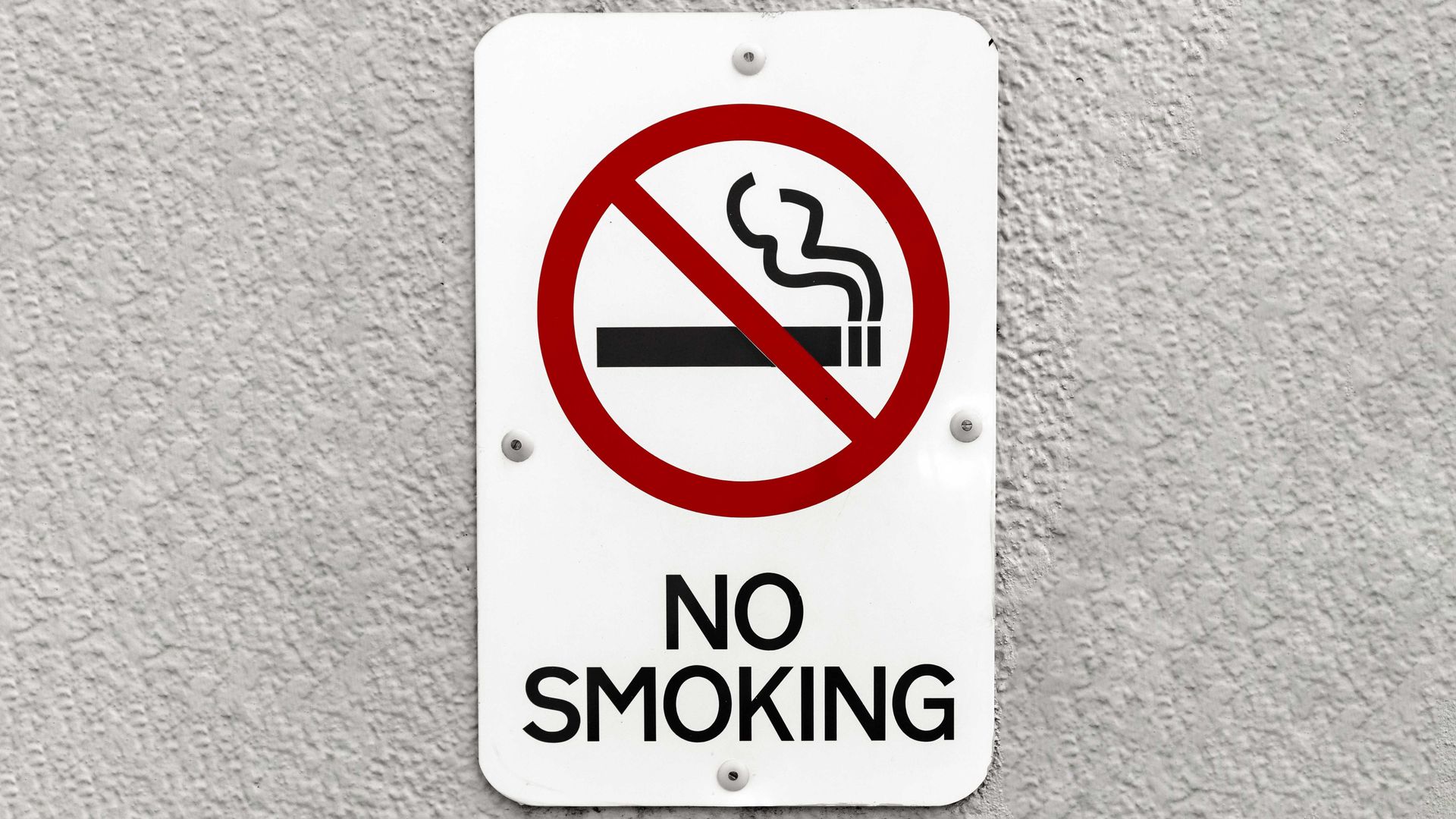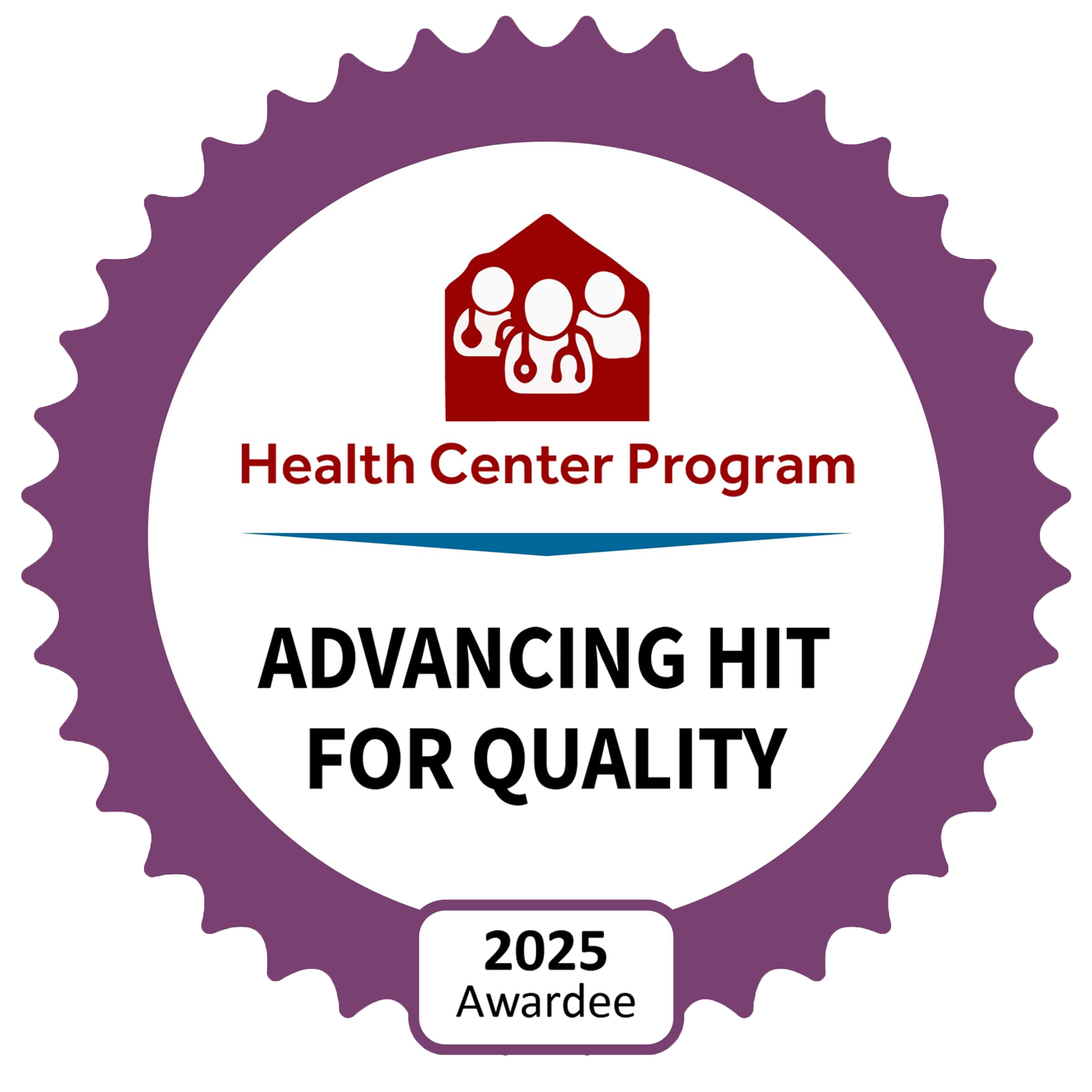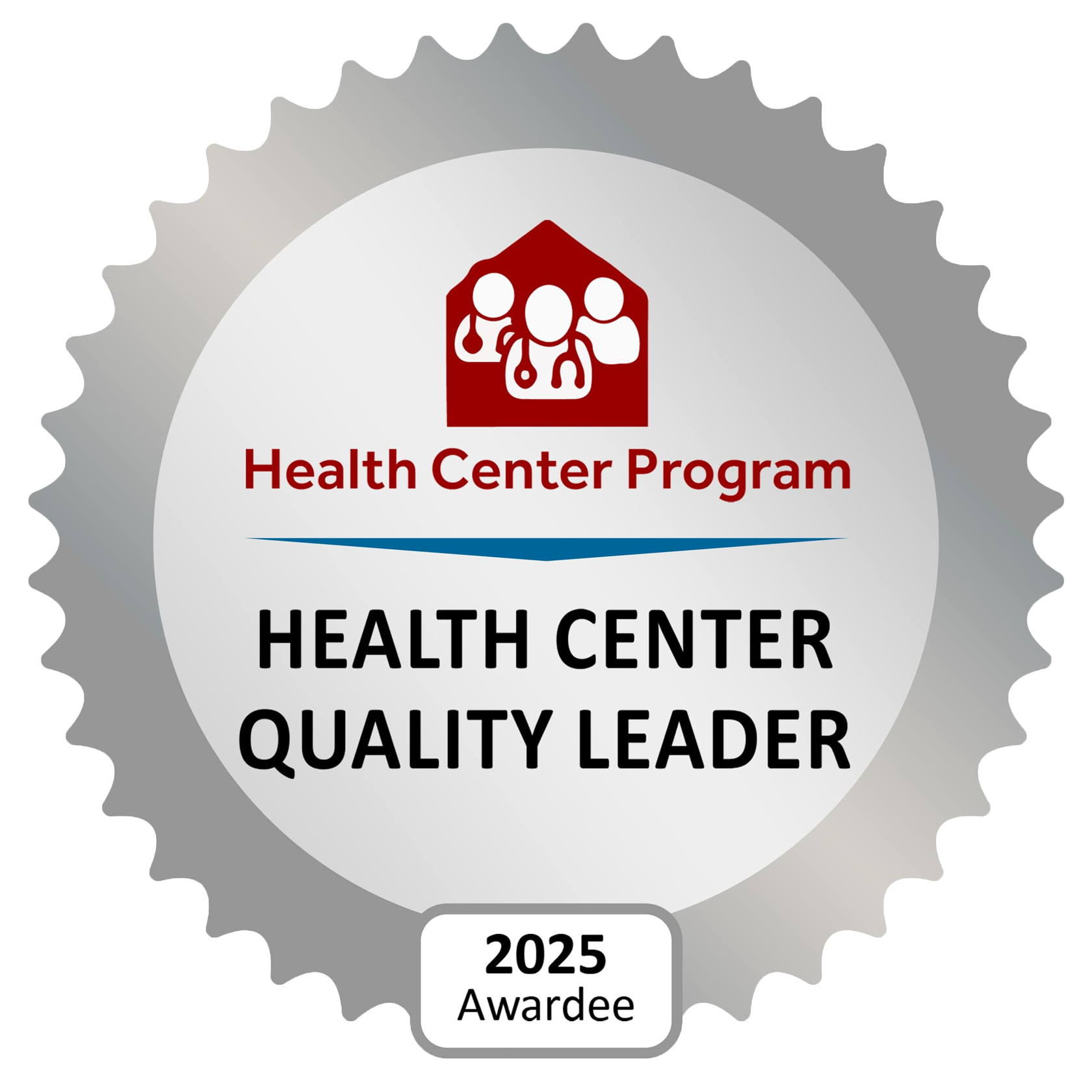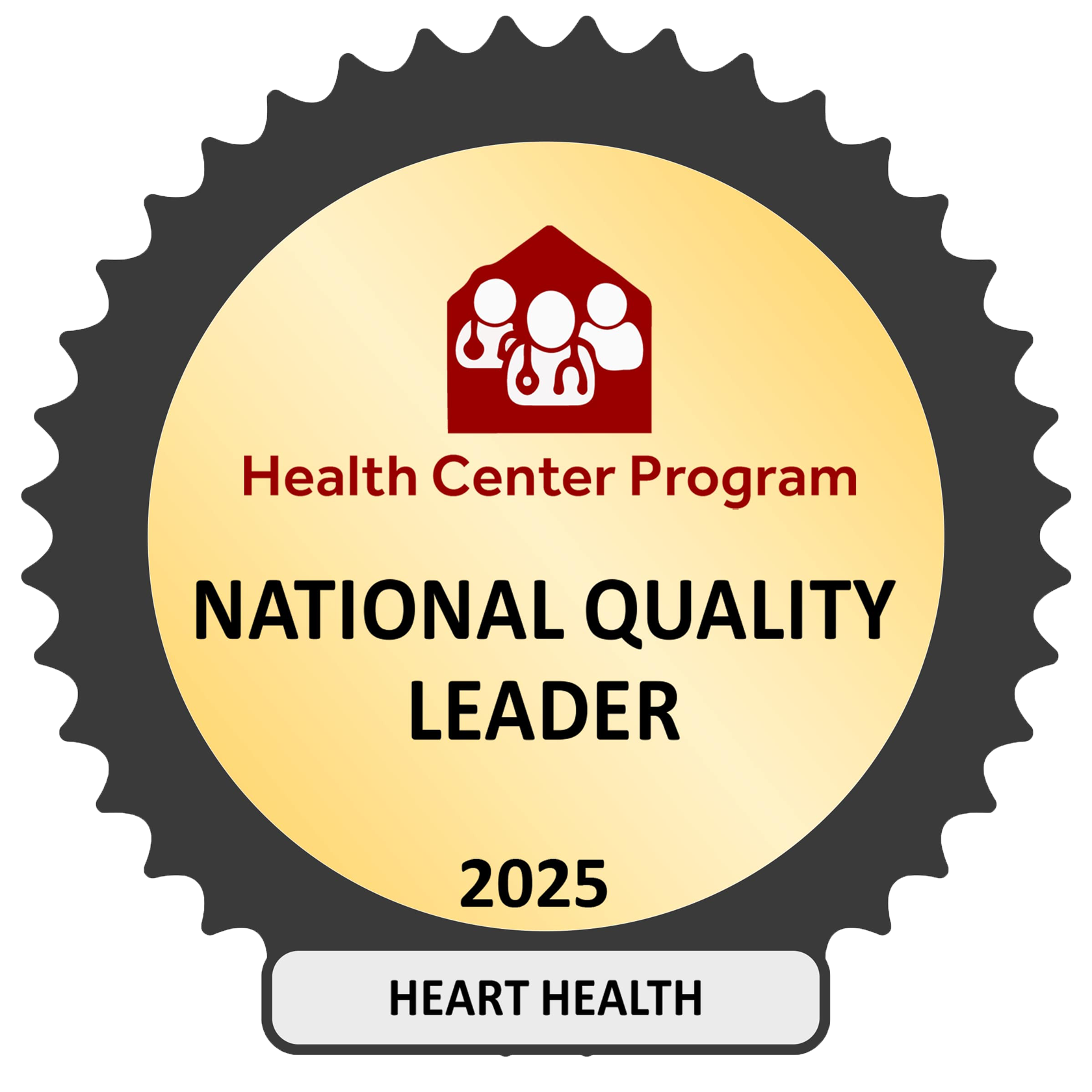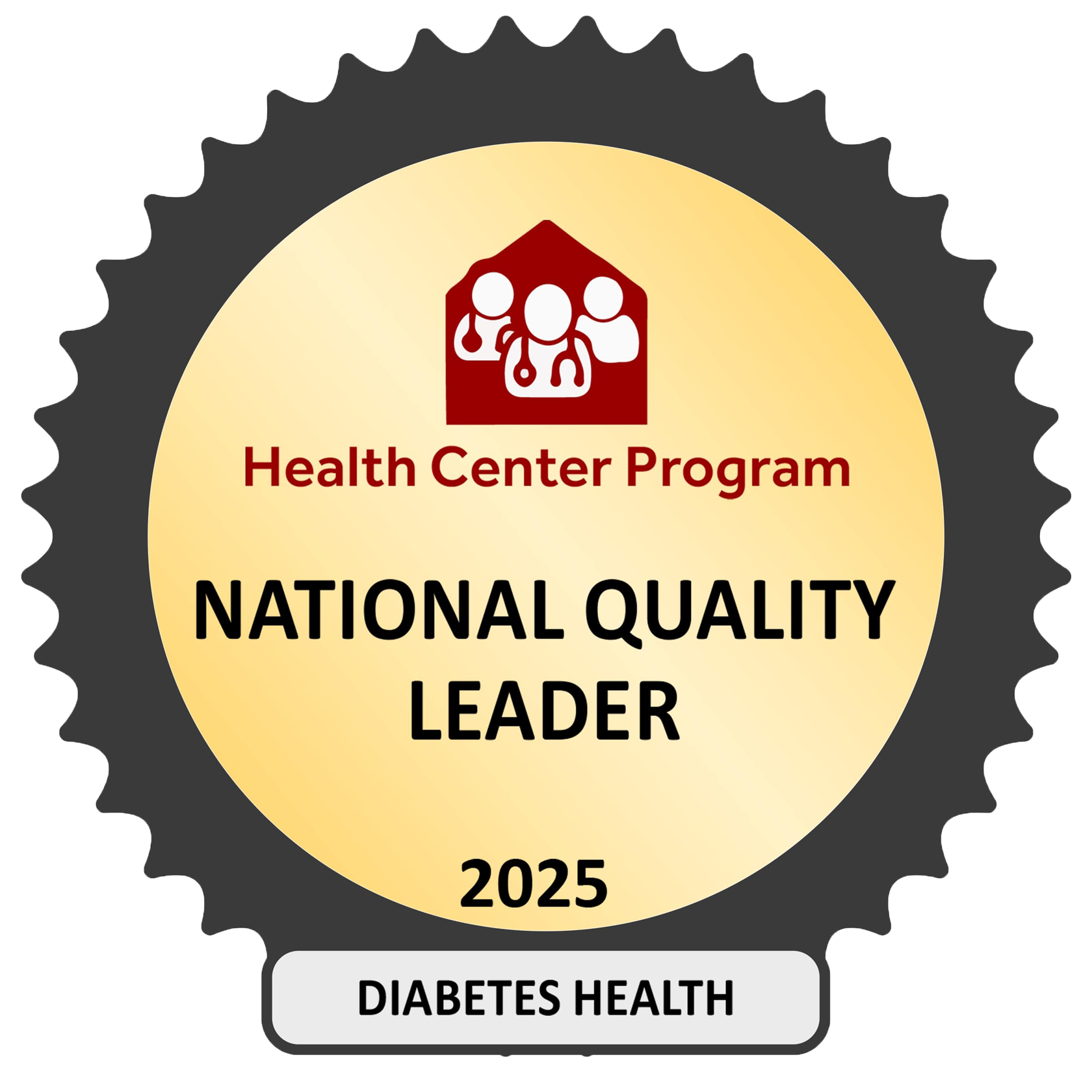Warning Signs of a Substance Use Disorder
Millions of people in the United States suffer from alcohol and substance use disorders
People from all walks of life can develop an alcohol or substance use disorder. When a person has a physical and emotional dependence on the substance, he/she continues to use even if it causes serious problems. These problems often include neglecting responsibilities at home, work, or school, and experiencing legal, financial, relationship, and health issues. Warning signs and symptoms of dependence and addiction include:
- Intense cravings and loss of control. The compulsion to use may become more important than anything else in the person’s life, including job, family, and friends.
- Relationship Issues . People struggling with addiction may act out against those closest to them, especially if someone tries to address their substance problems.
- Tolerance: Over time, a person’s body adapts to a substance to the point that he/she needs more and more of it in order to feel the same effects.
- Withdrawal Symptoms: As the effect of the substance wears off, the person may experience symptoms such as: anxiety, shakiness or trembling, sweating, nausea and vomiting, insomnia, depression, irritability, fatigue, loss of appetite and headaches.
The opioid epidemic has brought public attention to the dangers of abusing prescription opiates, in addition to street drugs such as heroin. Rates of overdose in the United States have skyrocketed over the past few years, and many organizations now hold community trainings on how to administer naloxone, a fast-acting drug that can reverse opiate overdose and save a person’s life.
Helping a person who has a substance use disorder usually means getting professional help for him/her. Although addiction is a serious and chronic medical disorder, it can be treated and successfully managed. Research shows that the most effective treatments include detoxification from the drug followed by therapy and medication-assisted treatment. (MAT) Recovery involves addressing physical and mental health issues and social problems that can cause relapse. Many people need long-term treatment and follow-up, or repeated care, in order to stop using drugs and stay drug-free. Alcoholics Anonymous (AA), Narcotics Anonymous (NA), Al-Anon, Nar-Anon and other similar groups can provide support for the individual and his/her family members.
The post Warning Signs of a Substance Use Disorder appeared first on InterCommunity.


